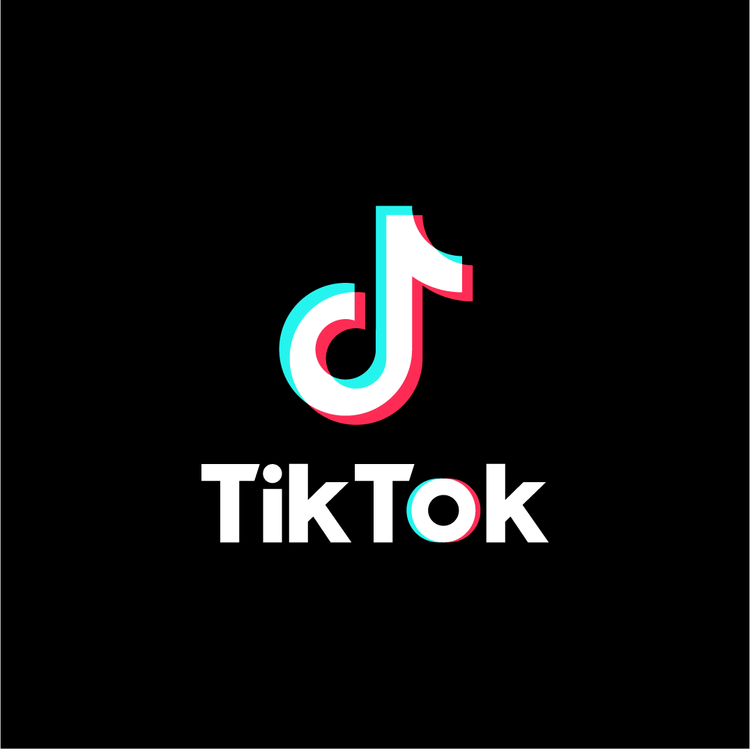TikTok restored its services in the United States on Sunday after a brief suspension, following the enactment of a law banning the app on national security grounds.
The platform credited President-elect Donald Trump, who is set to take office on Monday, for facilitating its return, despite earlier indications from the outgoing Biden administration that the ban would not be enforced.
The app went offline late Saturday as the deadline approached for its Chinese parent company, ByteDance, to sell its U.S. operations to non-Chinese buyers.
On Sunday morning, with millions of users unable to access TikTok, Trump announced plans to issue an executive order delaying the ban to allow more time for a deal.
He further proposed that the United States take a 50% ownership stake in a joint venture, claiming this could drive TikTok’s valuation into the “hundreds of billions, or even trillions.”
In a post on his Truth Social platform, Trump stated, “By doing this, we save TikTok and keep it in good hands.” Previously, during his first term, he had supported a ban on the app.
Later on Sunday, TikTok confirmed on X (formerly Twitter) that it was restoring service in the U.S., thanking Trump for providing “clarity and assurance” to its service providers.
However, the company did not address Trump’s suggestion of partial U.S. ownership.
The newly implemented law allows a 90-day extension of the ban if the White House demonstrates progress toward a viable agreement.
However, ByteDance has consistently refused to sell its U.S. operations. The Biden administration has deferred enforcement of the law to Trump’s incoming administration.
TikTok, popular among users ranging from teenagers to older generations, has faced criticism over its potential for spreading disinformation and its ties to China, raising security concerns in the U.S. and internationally.
The ban, which the U.S. Supreme Court upheld on Friday, prohibits app downloads and access through platforms like Apple and Google, with penalties of up to $5,000 per user for non-compliance.
Oracle, the company hosting TikTok’s servers, is also legally obligated to support the ban.
Meanwhile, other social media platforms were inundated with posts lamenting the app’s temporary shutdown, though some users pointed out Trump’s previous efforts to ban TikTok.
In Europe, Estonia’s foreign minister praised the suspension, urging European nations to consider similar measures.
The ban also made headlines at the Australian Open, where American tennis player Coco Gauff wrote “RIP TikTok USA” on a courtside camera, later expressing her hope for the app’s return.
Offers and Negotiations
As the deadline loomed, potential solutions emerged. Perplexity AI, a start-up, proposed a merger with TikTok’s U.S. subsidiary, with an estimated price tag of $50 billion, according to sources.
Former Los Angeles Dodgers owner Frank McCourt also expressed interest in purchasing TikTok’s U.S. operations.
For now, TikTok’s fate in the U.S. remains uncertain, as ByteDance has yet to agree to a sale and Congress has structured the law to limit presidential influence.
Industry experts, like Adam Kovacevich from the Chamber of Progress, warn that reversing the ban may prove challenging without significant legislative changes.
